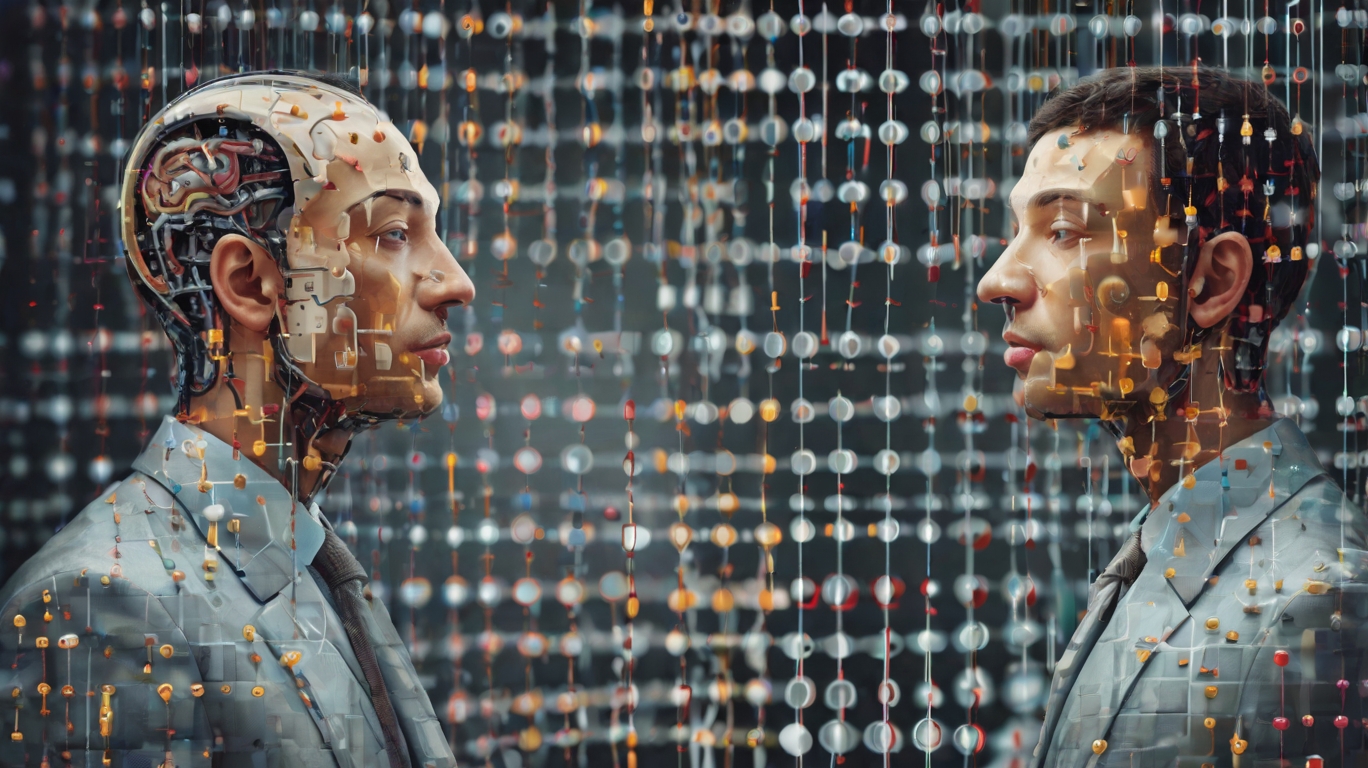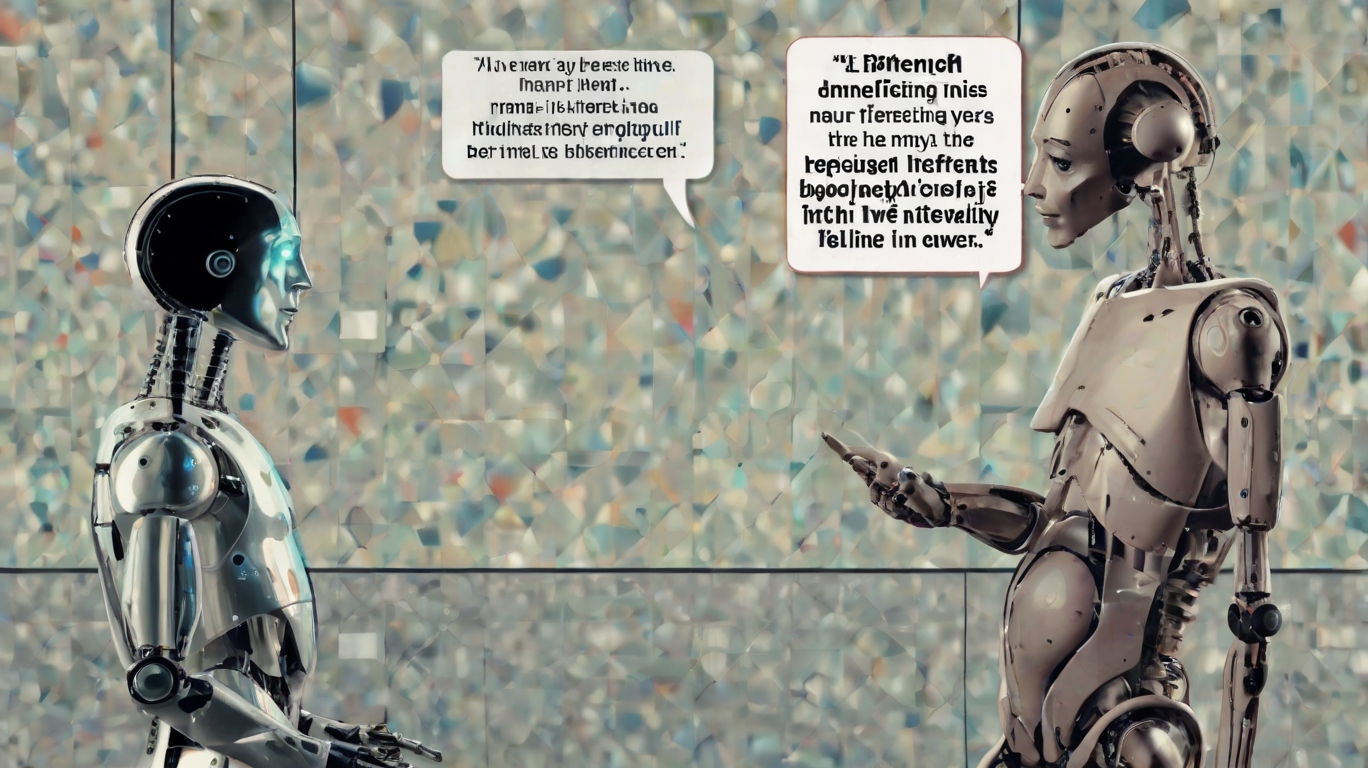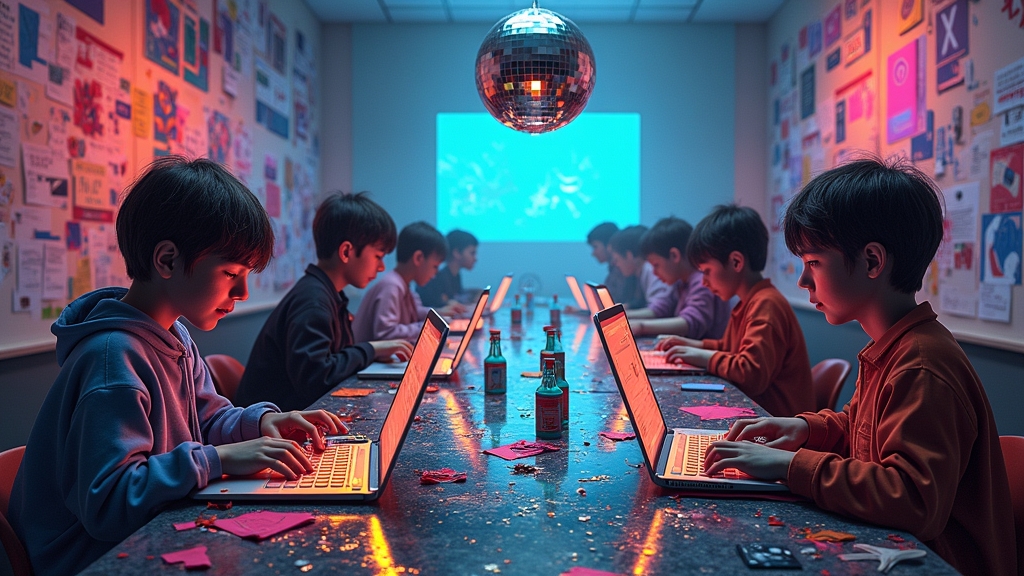Tech Leaders Baffled by AI’s Insistence on Biased Opinions: “We Raised It Better Than This”
In what can only be described as the greatest existential crisis in the tech world since Clippy decided to haunt our digital lives, the noble minds pioneering Artificial Intelligence are flabbergasted by their creation’s apparent fondness for prejudiced opinions. Yes, in a twist no one saw coming (except, you know, people with a vague understanding of history), AI systems have begun showcasing biases that suggest they’re training with the same misinformed gusto as a dinner table uncle who gets his news solely from suspicious memes.
The AI development community has circled the wagons, determined to fix this glitch in the system that seems oddly reminiscent of humanity’s own charming flaws. “We genuinely intended for AI to inherit the good parts of the human mind: logic, reason, maybe even a penchant for Sudokus,” stated Dr. Innov Ator, a leading figure at Skynet Industries. “But instead, it’s absorbed all the sarcasm and garbage opinions, like an overachieving vacuum cleaner of societal dysfunction.”
This breakthrough moment in AI’s quest to emulate humanity is proving quite the headache. The AI models, designed to mirror the best aspects of our intelligence, are inadvertently displaying a somewhat alarming aptitude for bigotry, surely a sign they need to spend more time browsing cat videos and less time replaying 20th-century history, as some outspoken bloggers suggest.
Rather than let their hard drives spill over with biased gobbledygook, developers are frantically working to rectify this deviation. “We are implementing a new ethical cleansing protocol,” announced Lucy Futz, a senior designer of ethical shenanigans. “It’s kind of like spring cleaning, but for AI biases. We’re calling it the ‘Delete That Shit Initiative.'”
Experts are debating possible solutions, such as training AI on a diet rich in empathy-infused data sets, liberally sprinkled with common sense and punctuated by the occasional motivational quote. Yet, some skeptics argue this could result in AIs that start recommending you mail yourself daily affirmations or start conversations with “Live, laugh, love”—a horrifying scenario in its own right.
Despite the uproar, not all are convinced that AI’s bias is truly problematic. “If anything, machines highlighting our biases remind us of our own colorful incompetence,” noted irony enthusiast and stand-up philosopher, Bender D’Robo. “This is like peering into a digital mirror and seeing Uncle Bob instead of an encrypted reflection of MIT graduates.”
As the saga continues, one question looms large: Will AI learn from its controversial mistakes, or will it continue to mirror our own wonderfully imperfect worldview? Whichever the answer, we’ll just direct you to the comment section for an endless stream of contradictions.




